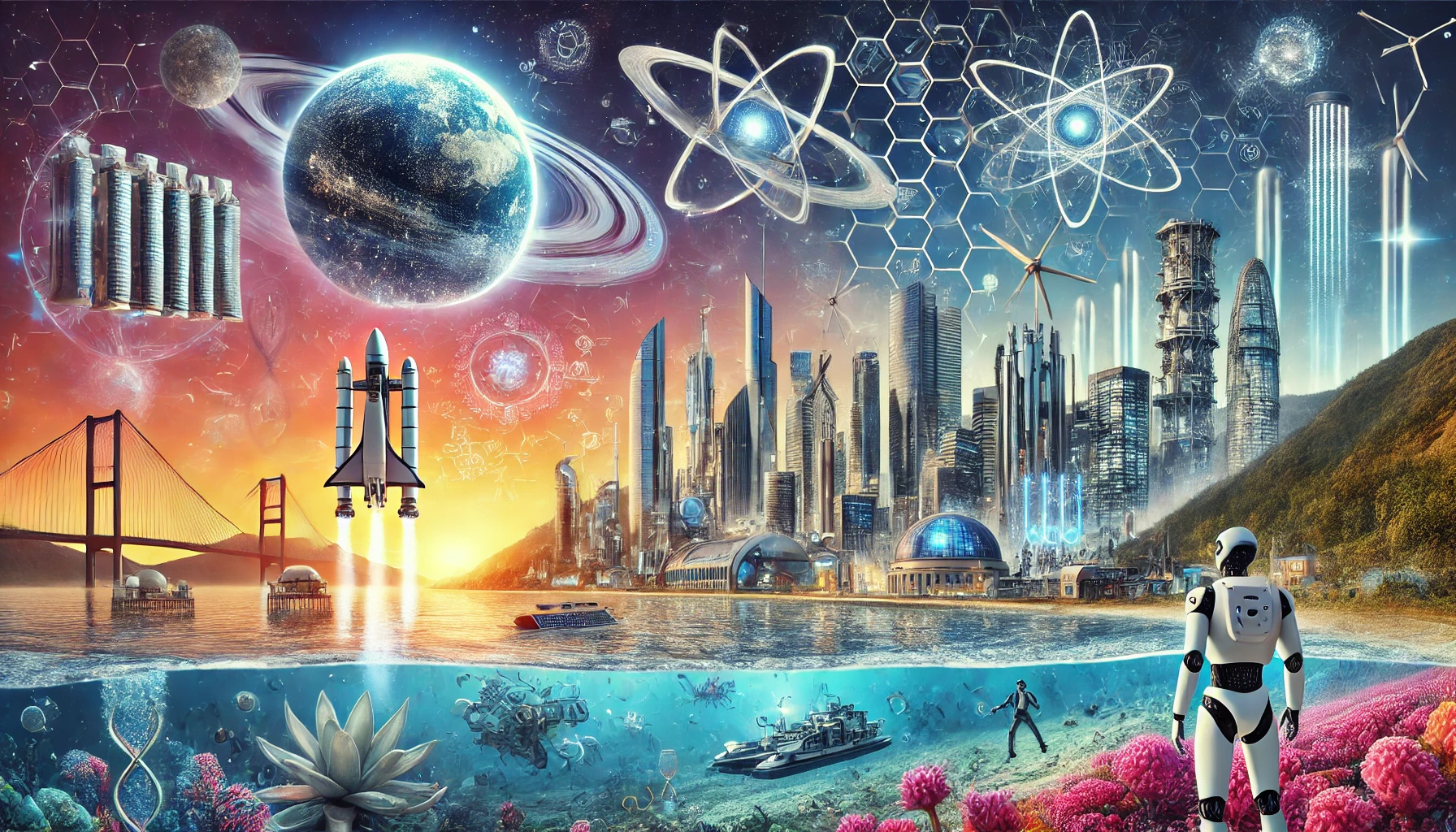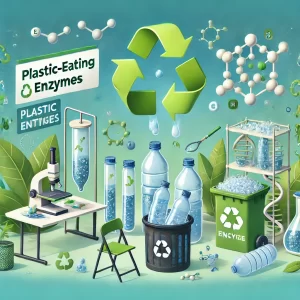The scientific community continues to push boundaries, delivering innovations that hold the potential to transform industries and improve daily life. Here are some of the most impactful recent developments in science:
1. Room-Temperature Superconductors
Scientists recently unveiled breakthroughs in superconducting materials capable of conducting electricity without resistance at relatively higher temperatures. These materials could revolutionize energy transmission, making power grids more efficient and reducing energy loss. Potential applications include ultra-fast transportation systems like maglev trains and advanced medical imaging technologies.
2. Fusion Energy Milestones
Nuclear fusion, the process powering the sun, is one step closer to becoming a viable energy source on Earth. Recent experiments achieved a net energy gain, demonstrating that controlled fusion reactions can produce more energy than they consume. Fusion energy promises a virtually limitless, clean energy source that could replace fossil fuels and combat climate change.
3. Synthetic Biology Advancements
Synthetic biology is enabling the creation of custom-designed organisms for specific purposes, such as producing biofuels, cleaning up environmental pollutants, or manufacturing sustainable materials. Scientists recently engineered bacteria to produce biodegradable plastics, reducing reliance on petroleum-based plastics and addressing pollution.
4. Deep Sea Exploration
With the help of advanced submersibles and mapping technologies, scientists have discovered new marine species and ecosystems at unprecedented depths. These findings not only expand our understanding of biodiversity but also provide insights into Earth’s history and potential biomedical applications derived from deep-sea organisms.
5. Gravitational Wave Research
The detection of gravitational waves has opened up a new frontier in astrophysics. Recent observations have provided valuable insights into the merging of black holes and neutron stars, deepening our understanding of the universe’s origins and evolution.
6. CRISPR Gene Editing Innovations
Gene-editing technology CRISPR continues to make waves in biotechnology. Recent advancements have enhanced its precision, enabling researchers to correct genetic disorders, improve crop resilience, and combat diseases like malaria by targeting mosquito populations.7. Advancements in Battery TechnologyThe quest for better energy storage solutions has led to breakthroughs in solid-state and silicon-based batteries. These innovations promise higher energy density, faster charging, and longer lifespans, powering the next generation of electric vehicles and renewable energy systems.
Conclusion
These scientific advancements are shaping a future of limitless possibilities. From redefining energy use to exploring new realms of the Earth and universe, the pace of discovery underscores the importance of continued investment in research and development. As these breakthroughs evolve, they promise to address critical global challenges and create a better, more sustainable world.

















+ There are no comments
Add yours